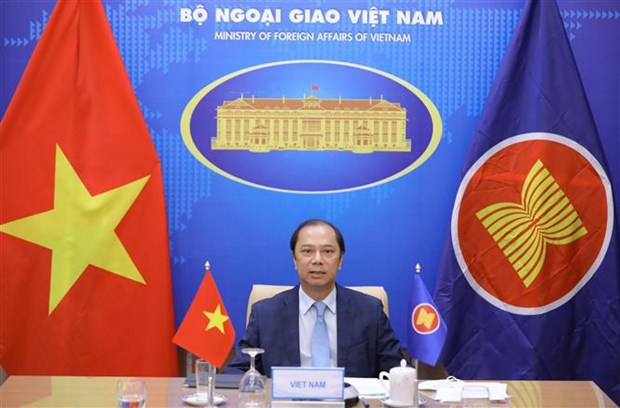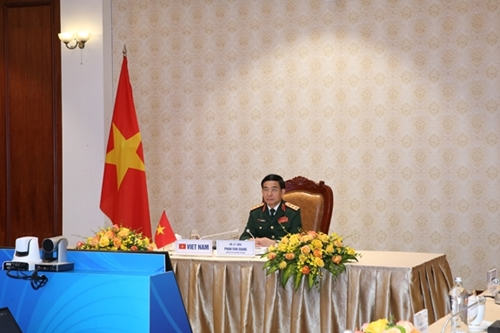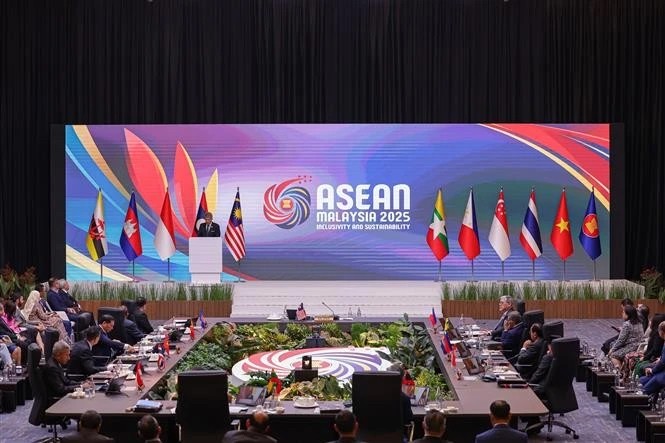Vietnam Among ASEAN Top 3 for Business Expansion Destinations
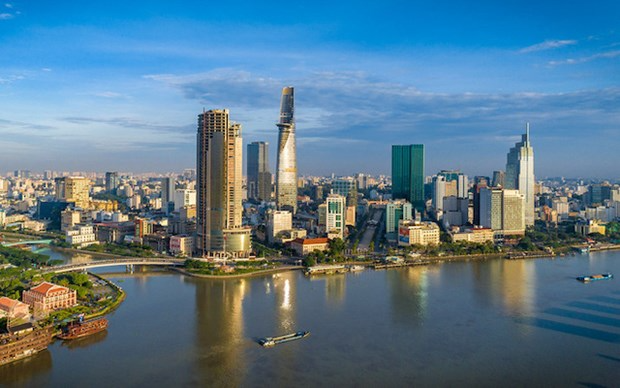 |
| Photo: LDO |
Among ASEAN countries, Singapore, Thailand and Vietnam are the most attractive destination for companies to expand production and business, according to a recent survey by Standard Chartered Bank.
The survey’s results showed that most of enterprises in the ASEAN are focusing on business opportunities in the region, expecting strong growth in the next 12 months.
Singapore became the most attractive expansion destination with 80 percent of surveyed firms saying they are centering their production and business expansion in the country, followed by Thailand with 60 percent, and Vietnam with 50 percent, cited VnExpress.
Many firms have opted for Singapore to erect headquarters, sales and marketing offices, R&D centers or innovation centers at regional level.
ASEAN companies are also found to be highly optimistic about intra-regional growth over the next 12 months. The majority of ASEAN companies focusing on intra-regional opportunities expect robust business growth in the region over the next 12 months, as seen in 99 percent of respondents expecting growth in production and 96 percent anticipating growth in revenue.
Access to the large and growing ASEAN consumer market (69 percent), access to a global market enabled by a network of Free Trade Agreements (59 percent) and availability of abundant and skilled workforce (49 percent) were among the most important drivers for expansion across the region, according to senior executives of the surveyed ASEAN companies, reported VNA.
In addition, with the Regional Comprehensive Economic Partnership (RCEP) expected to attract more investments into ASEAN, all respondents said that they are planning to increase their investments over the next 3-5 years.
 |
| Laborers work at an assembly line to produce ventilators at Vsmart factory of conglomerate Vingroup outside Hanoi, August 3, 2020. Photo: Reuters |
Meanwhile, the top three risks in the region are identified as the Covid-19 pandemic or other health crises, geopolitical uncertainty and trade conflicts and the slow revival of the economy and the drop in consumer spending.
Furthermore, according to the respondents, biggest challenges in the next 6-12 months include changing business models to adapt to actual situations of each field of production and business, building relations with suppliers and adapting to logistics requirements of supply chains, and fully understanding national regulations on payment methods and infrastructure, according to VnExpress.
To drive resilient and rebalanced growth in ASEAN and to mitigate these risks and challenges, the surveyed executives identified entering new partnerships/joint ventures to increase market presence, driving sustainability and ESG (Environment, Social and Governance) initiatives and executing digital transformation programmes as the most important areas for their companies to focus on.
Michele Wee, CEO of Standard Chartered Vietnam, said Vietnam continues to offer appealing business and investment opportunities given its strong fundamentals – robust economic growth, a sizeable domestic market, low labour costs, an abundant workforce, free trade agreements, and strategic location.
She said as an international bank with 117 years of history in Vietnam, Standard Chartered has deep local knowledge to support internationalising companies’ cross-border growth aspiration and provide them with the right solutions that meet their financing and operational needs, cited VNA.
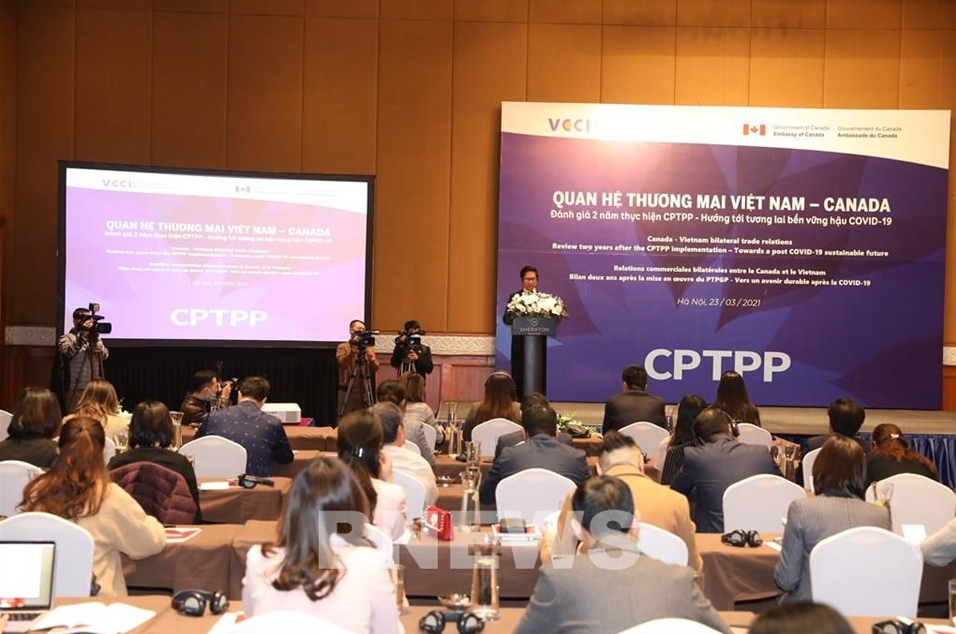 | Canada-ASEAN Business Council: Vietnam should play major part in Canada's strategy Over the past several years, Vietnam - Canada's partnership has deepened considerably. Therefore, the Canada-ASEAN Business Council (CABC) has urged Canada to secure its economic ... |
 | Vietnam proposes equal access to Covid-19 vaccines to AIPA-42 agenda On June 9, Vietnam suggested putting the sharing and equitable access to Covid-19 vaccine resources on the agenda of the 42nd General Assembly of AIPA ... |
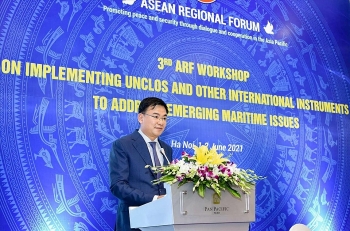 | 1982 UNCLOS a “Constitution” of the ocean The 1982 UN Convention on the Law of the Sea (UNCLOS) is a “Constitution” of the ocean, which has created a legal framework for the ... |

